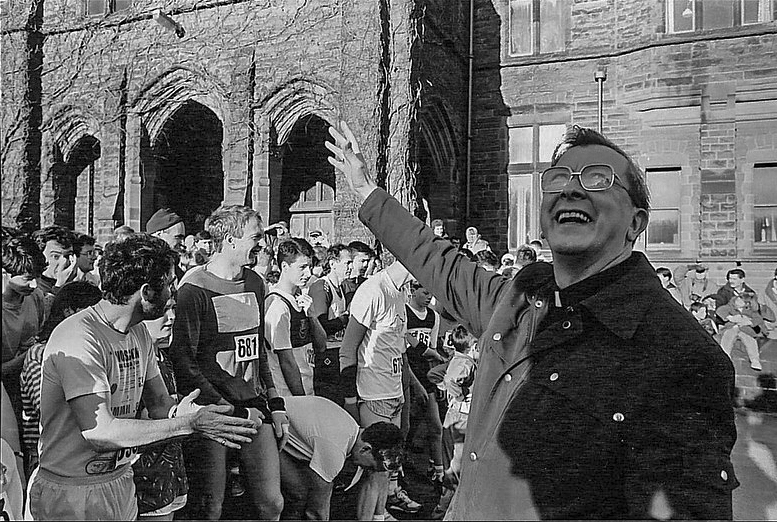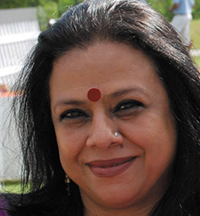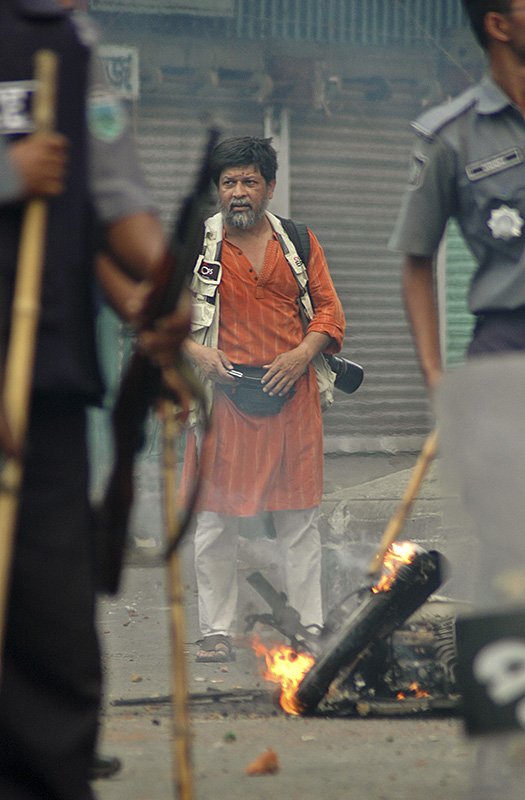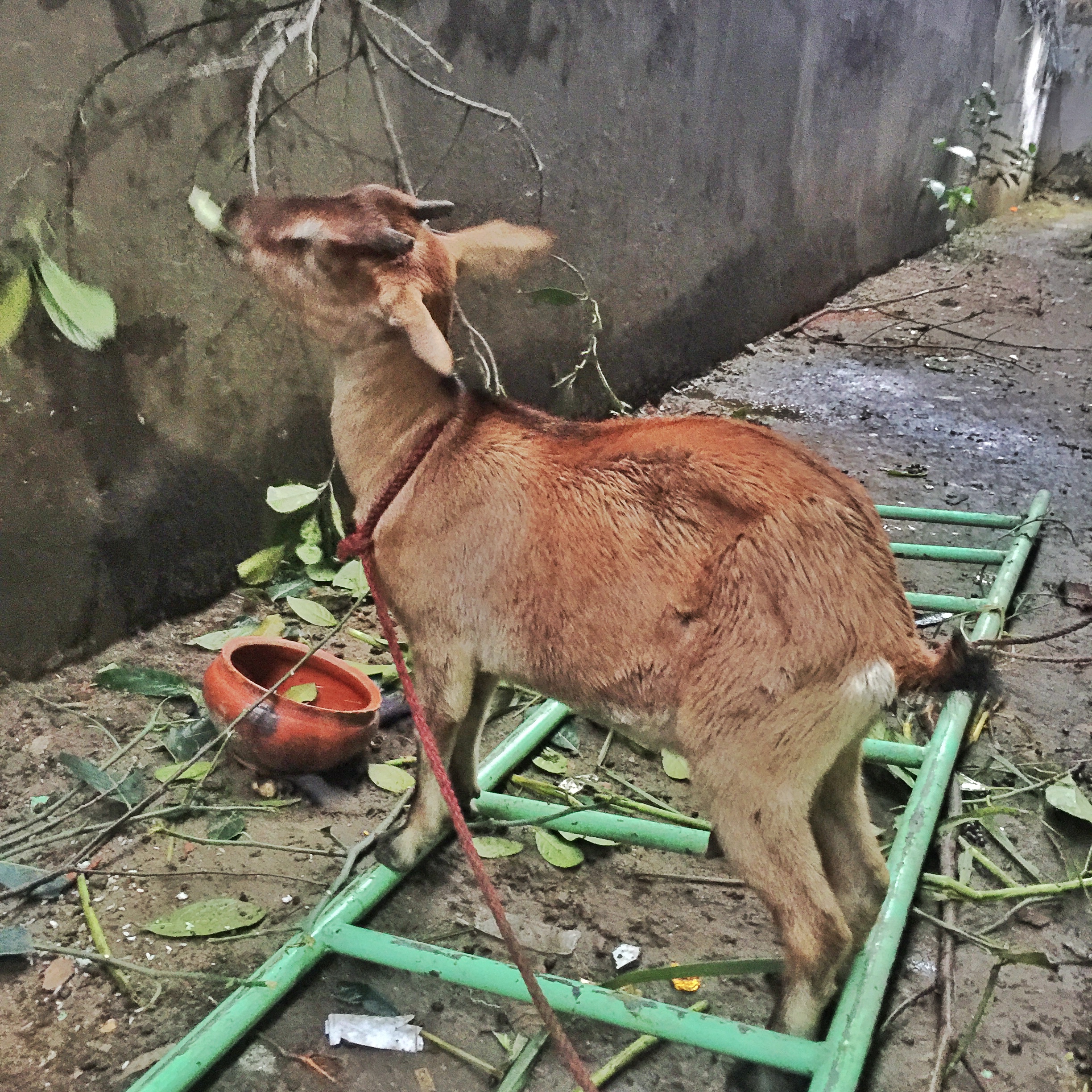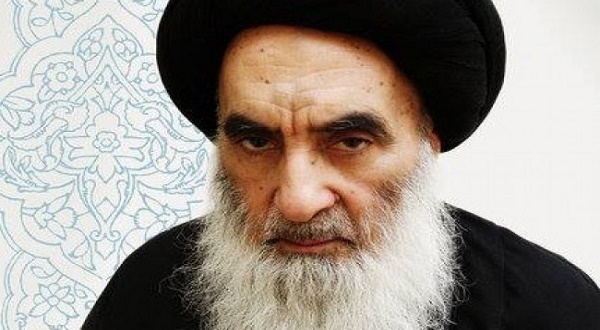It was an unusual mix. Two priests, a nun, two devout Catholics, and me, a heathen. We cooked and cleaned and shared small tasks, and important for me, I paid a rent of only eight pounds a week. I was never sure on what criteria I had been accepted into the ‘community’ but as I was working my way through university, I was happy to accept. We lived in the Catholic chaplaincy of Liverpool University, just opposite the Students Union Building. Living smack in the middle of campus also meant I had no transport costs.
There was no way my schoolteacher mum and government servant dad, could pay for their son’s overseas education, so I was on my own and money was always tight. I worked weekends, holidays, and evenings to pay for my student fees and my keep.
